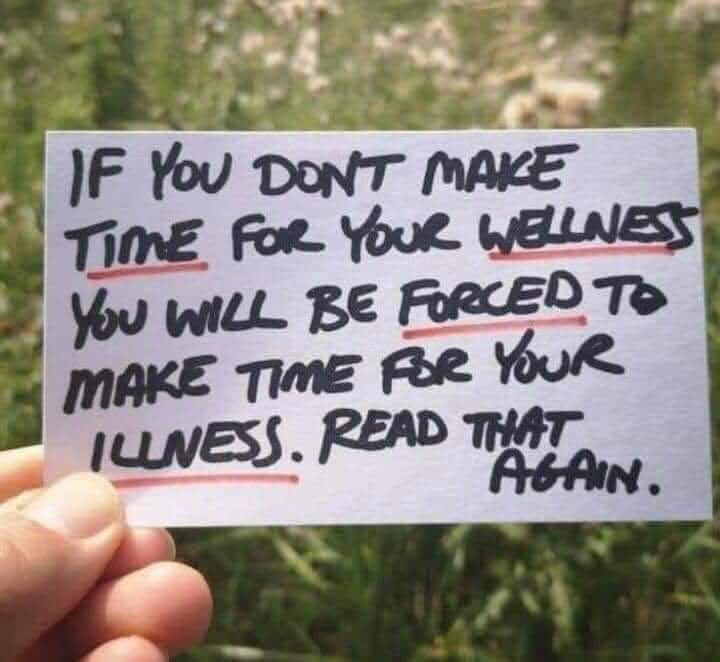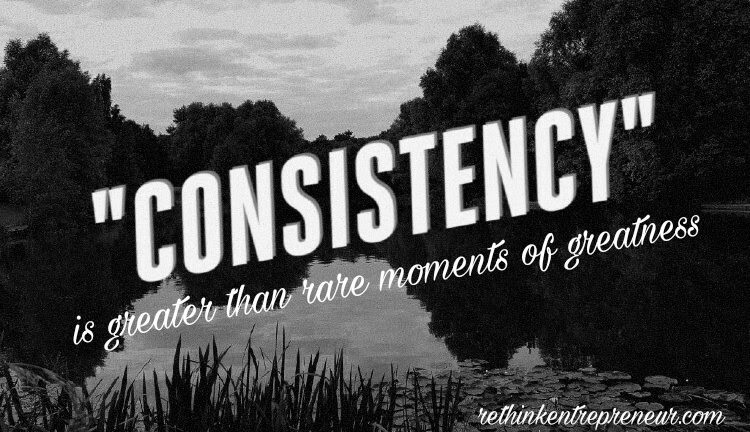I used to think that creativity and spontaneity go hand in hand. It’s partially true. Inspiration often strikes unpredictably: in the shower, during a walk in the woods, in a dream, etc…
But if we want to be more than a casual hobbyist, we can’t just wait for inspiration to strike when it feels inclined.
Now, if you’re like me, dreaming comes easy. What frightens you is the idea of turning the dream into a reality.
You think of this major project you have and become filled with doubts as you envisage the chiasm between the current you, doing what you do as a hobbyist, and the you of tomorrow cranking out this superior work you’re thinking of.
Here’s a better way: shift your focus to building a creative routine. Instead of focusing on the mountain to climb, focus on the act of climbing. Practice it, master it, make it a habit.
“Show me your habits, and I’ll show you your future.”
Creativity cannot be forced, but it can be encouraged.
Back in the day, I wrote a dozen of songs in 2 weeks. I wrote about what it taught me. Recently, I did a similar experiment. This time I composed the bare bones of a song every day for 21 days. This is what I learned:
1) Do not neglect self-care
Have scheduled creative sessions that don’t leave you exhausted. The vessel that supports all your creative work is your physical body.
I know it sounds obvious but if we don’t take care of our body and yet expect it to perform at a higher level, we are deluding ourselves and are heading into trouble.
Some of the magic of creativity does happen when you least expect it, so allow time for that too. Don’t fill your schedule to the brim.
Don’t sacrifice sleep, a walk in nature, time doing something unrelated to your art that you enjoy, some exercise (need I remind you that it’s been scientifically proven to help brain functions😬)
2) Creativity is a muscle. Exercise it daily.
The more you exercise your muscles, the stronger they get.
You start with light weights then before long you can go heavier.
There were good and bad days but overall, my creative muscle was getting stronger, quickly.

The advantage with your creative muscle is that it doesn’t ache the next day 😁
Schedule short sessions daily. Your art will thank you for it.
I’m not going to pretend that after 21 days I became a habitual daily composer. I did stop to rejuvenate. It’s about balance. I went back to some of the songs, wrote proper lyrics for them and lay down the tracks professionally.
Why just some, not all?
Because I wasn’t happy with all of my compositions. I don’t think they all have potential. This takes me to the third point.
3) Allow yourself to create freely
It may be difficult to stop yourself, but polishing each piece should not be your focus as you start getting into your groove.
The aim is to be prolific. Some work will be bad, some less bad. Let it be, let the process unfold.
As you allow yourself to create more, you will spend less time doubting yourself and you will hone your skills quicker.
Dig the diamonds in the rough. A masterpiece is bound to emerge soon. It might not be your first work, or your second. Don’t sweat it. Get some feedback. Polish the most promising.
The more you create, the better you become at it, without having to force it, possibly without even noticing it. The mountain is being climbed!
There’s a reason why the adage says “practice makes perfect”. Trust the process
When I’m done with my song writing, I’m planning to go back to my novel writing. I intend to create a daily creative routine for it too. I already have the playlist I will use (yes I write in music, do pretty much everything in music…)
What about you? Do you have a creative routine?
Reflect, redefine, rise!
R.


Leave a Reply